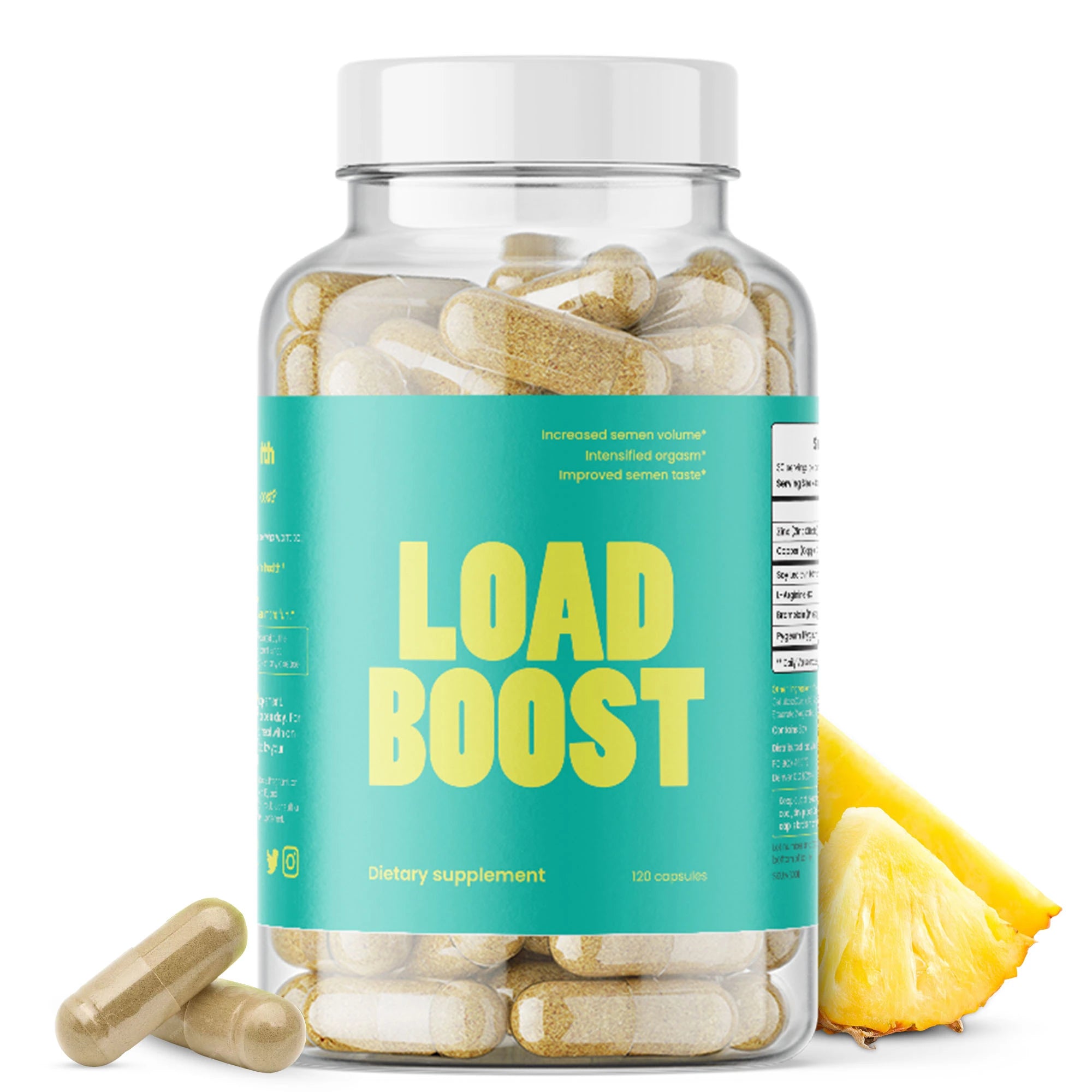When it comes to monitoring our health, the characteristics of our poop can provide significant insights. The Bristol Stool Chart, a medical aid introduced to classify the form of human feces into seven categories, serves as a valuable tool in understanding digestive health.
Bristol Type 1 poop, characterized by separate hard lumps, is particularly notable as it indicates constipation—a common digestive issue that affects many people at some point in their lives.
What Is Bristol Type 1 Poop?
Bristol Type 1 poop consists of separate, hard lumps, similar in appearance to nuts, and is hard to pass. This type of stool is an indicator of a significantly slowed digestive transit, meaning the bowel movements are less frequent, and stools become harder and more difficult to pass. It's considered the most constipated type on the Bristol Stool Chart and can often be uncomfortable or painful.
Causes and Health Implications
Dietary Influences
A diet low in fiber is a primary contributor to Type 1 poop. Fiber helps to bulk up stools and promotes regular bowel movements, so a lack of fiber can lead to constipation. Additionally, insufficient water intake can cause stools to become harder and more difficult to pass.
Hydration Levels
Water plays a crucial role in digestion. It helps to dissolve fiber and creates a softer, bulkier stool that is easier to pass. Without adequate hydration, the risk of constipation increases significantly.
Health Conditions
Chronic constipation and Bristol Type 1 poop can be symptoms of underlying health conditions such as Irritable Bowel Syndrome (IBS), hypothyroidism, or certain medications. It's essential to monitor these symptoms and consult a healthcare provider if they persist.
How It Affects Your Body
Chronic constipation and the presence of hard, lumpy stools can lead to discomfort, bloating, and an increased risk of developing hemorrhoids or anal fissures due to the strain of passing hard stools. Over time, it can also affect the body's ability to absorb nutrients properly.
When to See a Doctor
If experiencing persistent constipation, noticeable changes in bowel habits, or if there is blood in the stool, it's important to seek medical advice. These could be signs of a more serious condition that requires professional evaluation and treatment.
Tips for Healthy Bowel Movements: Managing Bristol Type 1 Poop
Adjusting Your Diet
Incorporating high-fiber foods such as fruits, vegetables, whole grains, and legumes can significantly improve constipation. It's important to increase fiber intake gradually to allow the body to adjust without causing excessive gas or bloating.
Optimizing Hydration
Aim for at least 8-10 glasses of water per day, more if you are active, live in a hot climate, or consume high amounts of fiber.
Exercise Recommendations
Regular, moderate exercise can help stimulate digestion and improve bowel movements. Activities like walking, swimming, or yoga are especially beneficial.
Supplemental Support
In some cases, fiber supplements or mild laxatives might be recommended by a healthcare provider to help manage constipation. It's crucial to use these products as directed and not to become reliant on them for bowel movements.
Routine and Lifestyle Changes
Establishing a regular bathroom routine can help encourage more consistent bowel movements. Additionally, reducing stress through mindfulness, meditation, or other relaxation techniques can positively impact digestive health.
Conclusion
Recognizing and addressing Bristol Type 1 poop is crucial for maintaining digestive health and overall well-being. By understanding the causes and implementing dietary, lifestyle, and hydration changes, it's possible to improve bowel movements and reduce discomfort associated with constipation.
Frequently Asked Questions
- Can drinking more water really help with constipation? Yes, increasing water intake can help soften stools and make them easier to pass.
- How much fiber should I aim for each day? Adults should aim for 25-30 grams of fiber per day, according to dietary guidelines.
- Is it normal to experience gas when increasing fiber intake? Yes, it's common to experience some gas or bloating as your body adjusts to a higher fiber diet. This usually resolves with time.




